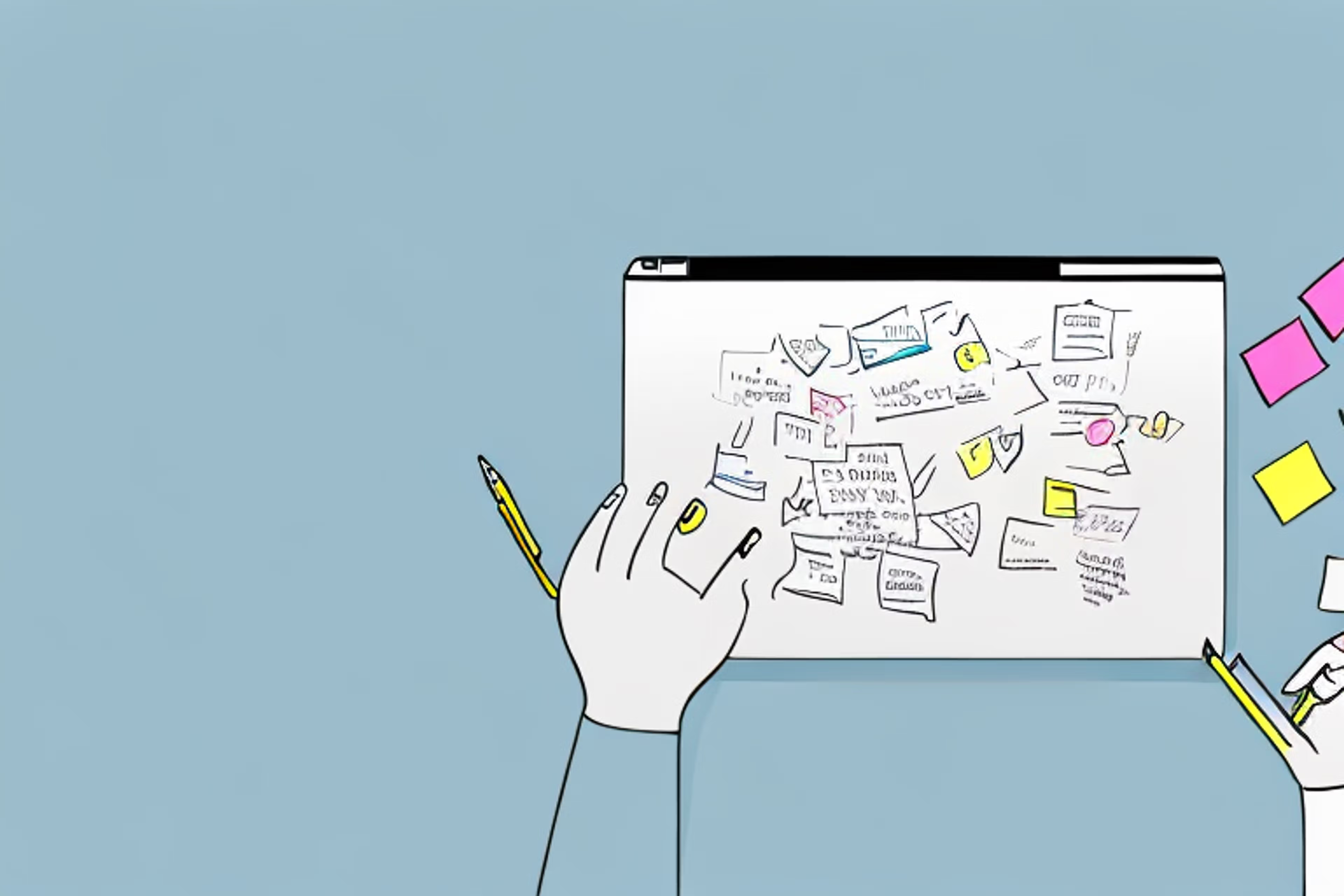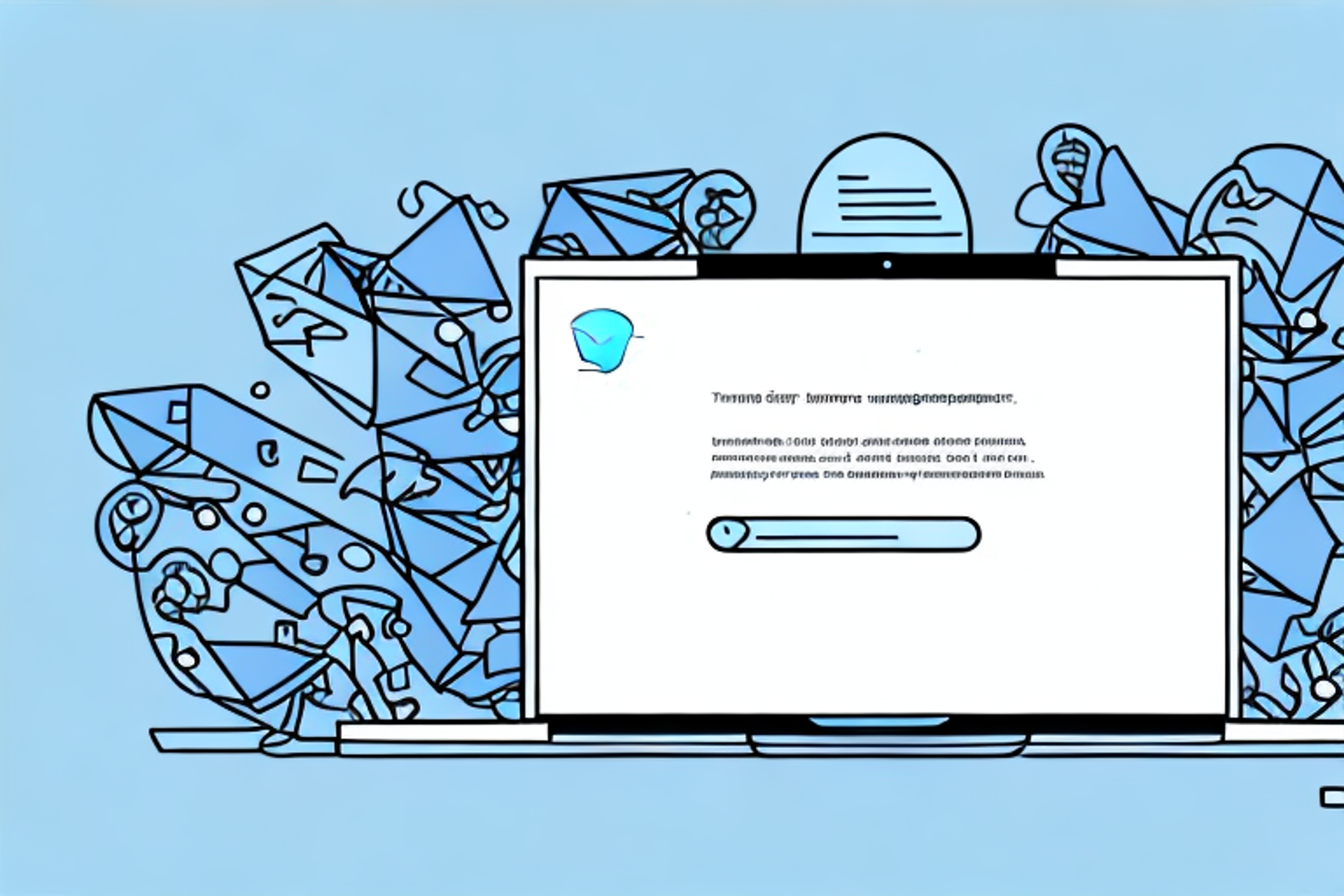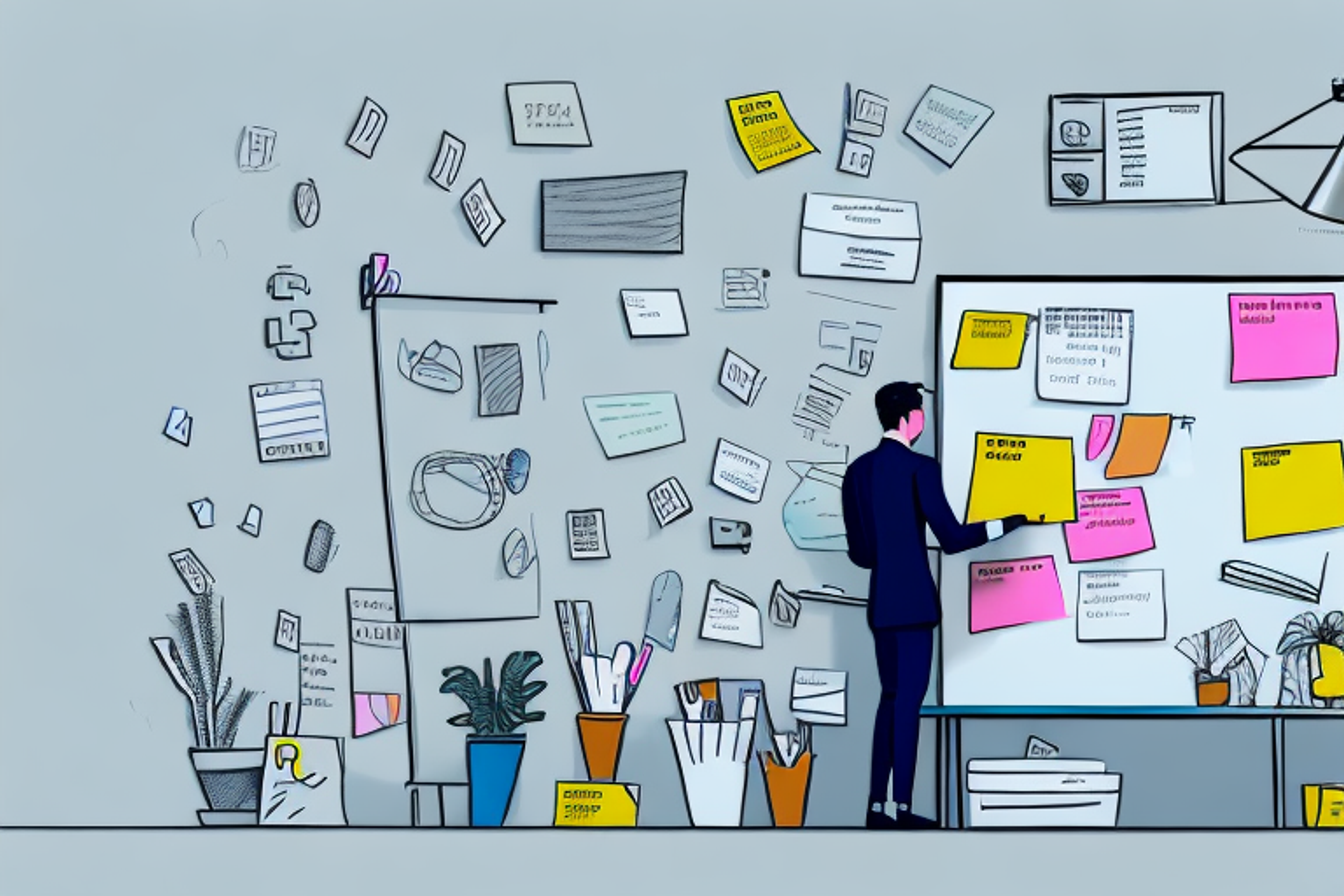How to Prepare for Stripe Product Management Case Interviews
Are you preparing for a Stripe product management case interview? This article provides you with valuable tips and insights on how to prepare effectively.
Posted March 6, 2025

Table of Contents
Are you interested in a product management role at Stripe? The company is known for its innovative payment solutions and has a rigorous interview process. This guide will help you prepare for the Stripe product management case interview and understand what the interviewers are looking for in a candidate.
Understanding the Basics of Stripe Product Management
Before diving into the interview preparation process, it is important to understand what a product manager does at Stripe. At its core, a product manager is responsible for the strategy, development, and launch of new products. At Stripe, product managers focus on creating a seamless payment experience for customers and businesses. They collaborate with engineering, design, and other teams to build the best products possible.
Additionally, Stripe product managers are also responsible for analyzing market trends and customer feedback to identify areas for improvement and new product opportunities. They work closely with sales and marketing teams to ensure that products are effectively promoted and adopted by customers. Product managers at Stripe also prioritize the security and reliability of their products, ensuring that customer data is protected and transactions are processed smoothly. Overall, Stripe product managers play a crucial role in driving innovation and growth for the company.
What to Expect in a Stripe Product Management Case Interview
The Stripe product management case interview is designed to test your problem-solving skills, communication skills, and ability to work under pressure. Depending on the role, the interview may be conducted in several rounds and may include behavioral and technical questions. Candidates can expect to be given a real-life scenario to solve and present their solution to the interviewers.
One important aspect of the Stripe product management case interview is the emphasis on customer-centric thinking. Candidates are expected to demonstrate their ability to understand and empathize with the needs of the customer, and to develop solutions that address those needs. This requires a deep understanding of the customer's pain points, as well as the ability to prioritize features and functionality based on their importance to the customer.
Another key factor in the Stripe product management case interview is the focus on collaboration and teamwork. Candidates will be evaluated on their ability to work effectively with cross-functional teams, including engineers, designers, and other stakeholders. This requires strong communication skills, as well as the ability to build consensus and drive decision-making in a fast-paced, dynamic environment.
Key Skills and Competencies Required for Stripe Product Management Role
Successful product managers at Stripe possess a blend of technical, analytical, and interpersonal skills. Some of the key skills and competencies required for the job include:
- Strong project management skills
- Excellent communication and collaboration skills
- Analytical thinking and problem-solving skills
- Leadership qualities
- Deep understanding of the payments industry and technology
In addition to the above-mentioned skills, a successful product manager at Stripe should also have a strong customer-centric approach. They should be able to understand the needs and pain points of the customers and translate them into product features and improvements. They should also have a good understanding of user experience design and be able to work closely with designers to create intuitive and user-friendly products. Finally, a product manager at Stripe should be able to stay up-to-date with the latest trends and developments in the payments industry and technology to ensure that Stripe's products remain competitive and innovative.
The Importance of Researching the Company Beforehand
Before heading into an interview with Stripe, research the company, its products, and its mission thoroughly. This will help you frame your answers and show your interest in the company. Knowing the company will also help you answer questions about the payments industry.
One important aspect to research about the company is its culture. Understanding the company's values and work environment can help you determine if it is a good fit for you. Additionally, researching the company's competitors can give you insight into the industry and how Stripe differentiates itself.
Another reason to research the company beforehand is to prepare questions to ask during the interview. Asking thoughtful questions shows that you are engaged and interested in the position. It also gives you the opportunity to learn more about the company and the role you are applying for.
Tips for Crafting an Effective Resume and Cover Letter
Your resume and cover letter are the first impression that potential employers will have of you. To make a strong impression, tailor your application to the product management role at Stripe. Highlight your relevant experience and skills, and ensure that your cover letter expresses your passion for improving payment experiences.
Additionally, it's important to keep your resume and cover letter concise and easy to read. Use bullet points and clear, concise language to convey your qualifications and achievements. Avoid using jargon or overly technical language that may be difficult for non-experts to understand. Finally, proofread your application carefully to ensure that there are no typos or grammatical errors that could detract from your professionalism and attention to detail.
How to Showcase Your Problem-Solving Skills in a Case Interview
The case interview is designed to test your problem-solving skills. Make sure to ask clarifying questions, structure your approach, and communicate your process effectively. Avoid working in isolation and engage with the interviewer. They will assess your approach to solve the problem and your ability to collaborate and iterate on your solution.
One effective way to showcase your problem-solving skills in a case interview is to use frameworks. Frameworks are structured approaches to solving problems that can help you organize your thoughts and communicate your process clearly. Some popular frameworks include the 4 Ps (Product, Price, Promotion, and Place) and the 3 Cs (Customers, Competitors, and Company).
Another important aspect of problem-solving in a case interview is to stay calm and focused under pressure. The interviewer may intentionally create a stressful environment to see how you handle difficult situations. Take a deep breath, stay positive, and remember that the interviewer is not trying to trick you, but rather to evaluate your problem-solving skills and potential as a candidate.
Practice Makes Perfect: How to Prepare for a Stripe Case Interview
Practice your problem-solving skills and communication skills with mock interviews. Use the examples from real-life situations to improve yourself. Participate in industry events and discuss developments in the payments industry with peers. Furthermore, honing your knowledge of Stripe's products and innovation strategies is crucial.
Another important aspect of preparing for a Stripe case interview is to research the company thoroughly. Familiarize yourself with Stripe's mission, values, and culture. This will not only help you answer questions more effectively but also demonstrate your interest and commitment to the company.
Additionally, it's essential to stay up-to-date with the latest trends and technologies in the payments industry. Read industry publications, attend webinars, and follow thought leaders on social media. This will help you understand the challenges and opportunities facing the industry and how Stripe is positioned to address them.
Common Mistakes to Avoid During a Stripe Product Management Case Interview
Some common interview mistakes to avoid include not asking enough questions, not working collaboratively, and not providing enough detail in your solutions. Being mindful of your approach and technique beforehand can help minimize your chances of making these mistakes.
Navigating Behavioral and Technical Questions in a Stripe Case Interview
Stripe's case interview process includes both behavioral and technical questions. Make sure to review the job advertisement to identify the skills and requirements you need for the job. Behavioral questions help assess how you would react in real-world situations, and technical questions focus on your technical ability to execute and communicate your solution.
When answering behavioral questions, it's important to provide specific examples from your past experiences. Use the STAR method (Situation, Task, Action, Result) to structure your answers and showcase your problem-solving skills. Additionally, make sure to highlight your ability to work in a team and communicate effectively.
For technical questions, take your time to understand the problem and ask clarifying questions if needed. Walk through your thought process and explain your solution step-by-step. Don't be afraid to admit if you don't know the answer to a question, but show your willingness to learn and problem-solve on the spot.
How to Demonstrate Your Leadership and Communication Skills
As a product manager, demonstrating excellent leadership and communication skills is essential. It's important to show that you can manage and motivate teams, communicate effectively with diverse stakeholder groups, and deliver results in a fast-paced environment. Share clear examples of your successful collaborations, the impact you made to the project, and your leadership experience.
Preparing for the Final Round of Interviews with Stripe
When preparing for the final round of interviews, make sure you have a deep understanding of the product management role and Stripe's overall mission. Understand the product vision and communicate how you will support this vision. Prepare for industry-specific questions, and make compelling arguments for why you are the right candidate for the role.
Additional Resources to Help You Ace your Stripe Product Management Interview
Several resources can help you ace the Stripe product management interview, including industry blogs, podcasts, and online communities. Furthermore, consider engaging with Stripe's product managers, follow industry trends and attend industry events. Such actions show your enthusiasm towards the payments industry.
Conclusion: Top Strategies for Succeeding in a Stripe Product Management Case Interview
Success in a Stripe product management case interview requires preparation, communication, problem-solving, and analytical skills. Be confident in your abilities, practice your approach, understand Stripe's business model, and demonstrate your exceptional leadership and communication skills.

















